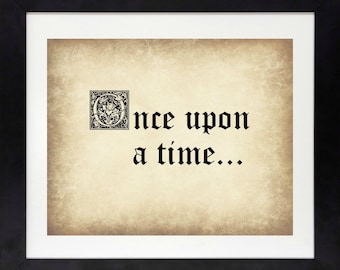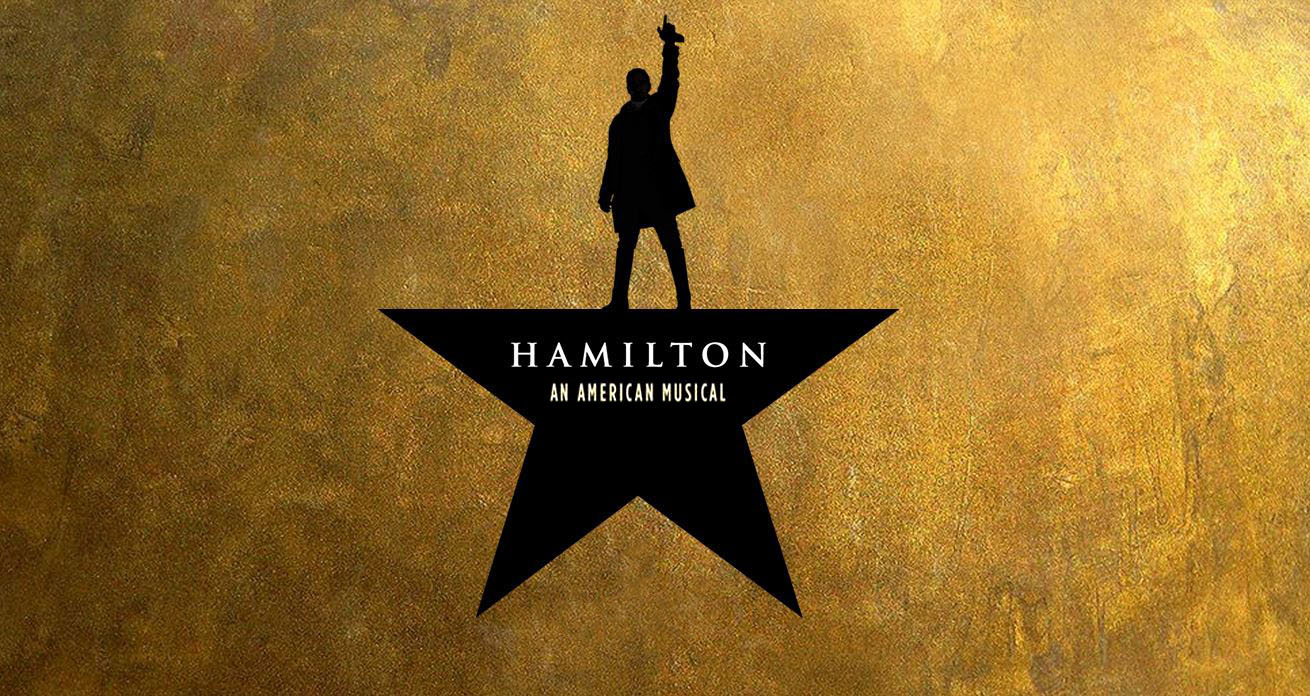I love stories. If you know me, you know that I am a huge
nerd for stories. If it’s got plot and characters, I’m all about it—movies,
books, tv shows, musicals, games, camp-fire ghost stories, fish-that-got-away
tales, “How was your day?” “Oh, do get me started” rants and all the rest. I
love ‘em. I’ve studied what makes a good plot, the characteristics of heroes
and villains and antiheroes, traditional heroic arcs, predictable plot twists,
and on and on ad infinitum. Basically, stories are my thing.
So it probably isn’t too surprising when I say that I’ve
had stories on my mind lately.
In particular, I’ve been musing about our stories, yours
and mine. The lives we lead and the ordinary adventures on which we go daily. Our
heartbreaks and triumphs, our goals and our efforts to achieve them, our
feelings, thoughts and actions. The average person (with the exception, perhaps,
of people with certain mental or emotional disorders) is the protagonist of his
or her very own “Once upon a time.”

Think about it. The protagonist is the usually the main person
from whose point of view the world of the story is seen. They are not perfect,
they do not always make the right choices, their point of view is often biased
by their beliefs and experiences—but to them, and to the observer (the reader
of the book, hearer of the story, viewer of the show) their actions are generally
justified. For an example, let’s talk Harry Potter. (Yeah, I referenced Harry
Potter in my last blog post. Do I have an obsession? Yes, in fact, I kind of
do. Sorry, not sorry. If it really bothers you, skip the next paragraph.)
In the Harry Potter series, young wizard Harry, who was
raised by abusive better-than-thou bullies, meets and immediately dislikes
snide better-than-thou bully, Draco Malfoy.

Throughout the series he suspects
Malfoy of being behind any number of dastardly deeds. Sometimes he is right
(Death Eater invasion of Hogwarts, anyone?), but at least as often he is wrong.
Occasionally he gets in trouble trying to prove Malfoy is behind things when
Malfoy really isn’t (making illegal polyjuice potion to try and prove Malfoy
opened the Chamber of Secrets, for example). Similarly, it is part of Harry’s
impulsive courageous nature—usually a good thing!—that he often acts rashly, without
fully understanding the situation (setting out to “save” Sirius from the
Ministry of Magic, only to find it was a trap and Sirius isn’t even there).
Now, before you start wondering if you just stumbled onto
a Harry Potter appreciation/analysis-only blog, lemme get to my point. As
happens often when we see the world entirely from one point of view, we see
Harry’s actions as completely reasonable. Even when he messes up horribly, we
understand his rationale and we find it easy to forgive him his stupidity.
But imagine we’d seen the story from Draco’s point of
view? Or Dumbledore’s? Hermione’s? Harry’s actions wouldn’t seem quite so
normal if we saw him through their characteristics and their sets of beliefs
and biases.
This whole train of thought started when I found myself
confronted with a version of a story I’d heard before, but from a different
point of view than I’d previously considered. That is, I listened to the
musical, “Hamilton.”

(So good, guys.
10/10 adults-with-a-tolerance-for-less-than-squeaky-language-and-an-appreciation-for-musicals-and-American-history
would recommend.)
In Hamilton, we see the story of the American Revolution
from the perspective of founding father, Alexander Hamilton. (Shocking, I know.
You never would’ve suspected that was the protagonist, based on the name of the
play, right?) I am a big history nerd too (STORIES, man—REAL LIFE stories!) and
the Revolution is one of my favorite periods to learn about. In particular, I
have always loved learning about Thomas Jefferson. I rather relate to the tall,
shy, musically talented guy with a penchant for expressing himself better in
the written word than vocally.
So, given my adoration of Jefferson, you can imagine my
surprise when, halfway through enjoying the heck out of that musical, at the
point when I’d already come to relate to and like Hamilton, I found out that he
and Jefferson were political opposites. “Hamilton” portrays Jefferson as a
hypocritical, pompous, jealous jerk who has it out for the play’s hero. Of
course, the play exaggerates the character of Jefferson a bit for entertainment
purposes, but it still represents the role that Jefferson played in Hamilton’s
narrative pretty well.
It took me a while to reconcile Hamilton’s Jefferson with
the Jefferson I’d pictured while reading my history books. A person couldn’t
possibly be both the villain of one representation and the hero painted in
another! Which version was right? I
fretted. But eventually I realized they both could be, and quite possibly are,
correct. It just depends on who is looking, their relationship with the person under
scrutiny and the character traits and actions to which they pay more attention.

Sorry, I realize I’m getting a little long winded here,
and not everyone is as excited about the nuances of story as I am. I’ll try and
round up my thoughts quickly.
My POINT, gentle reader, is this: we are each the
protagonists of our own stories, for good and ill. Of course, it is important
that we be our own heroes and heroines. We are here to live and to become and
to make something of ourselves, after all. But sometimes we fail to understand
that every other person we know is also the protagonist of their own story too.
Every action, interaction, relationship, passing gesture, every story has another side to it. We would
do well not to villainize those people to whose perspectives we are not privy. And,
even more than that, we could all be better at trying to understand the stories
of those around us. We’ll likely find ourselves far more sympathetic to them,
and we may even find ourselves in the role of antagonist in their lives and
understand changes we can make in our own characters.